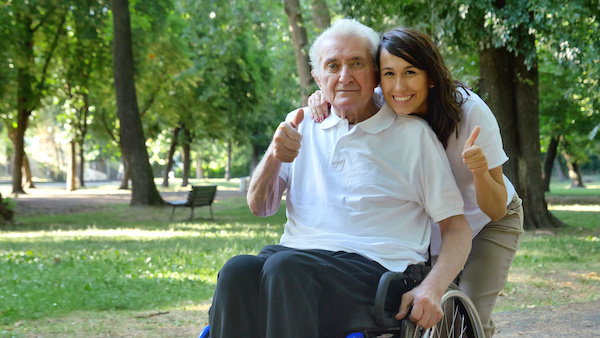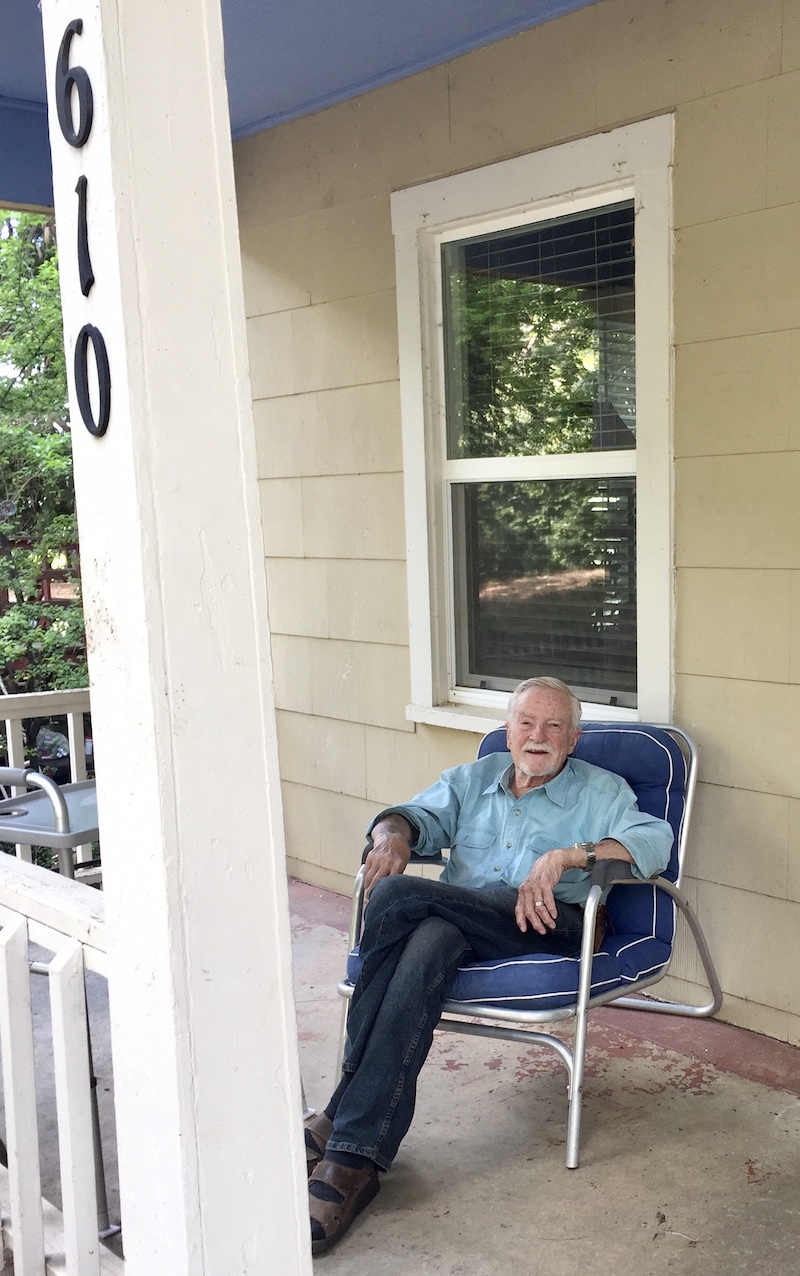This one tool shows current data on COVID-19 cases for nursing homes.

When my dad needed a skilled nursing facility to rehab from a traumatic injury, my first call was to a few friends who had first-hand experience with local facilities. My second action was to visit in person. However, I should have started with the data.
Data is even more important during COVID-19. While nursing home residents make up just 1.2 percent of the United States population, they account for about 40 percent of Covid-19 deaths, according to the New York Times.
This one tool can help inform your decision. Propublica, an independent nonprofit newsroom, offers an investigative tool to discover reported deficiencies, including COVID-19 cases, within nursing homes.
Propublic excerpt:
Some of the homes have been cited for putting residents at “immediate jeopardy” of harm or death, our analysis showed.
And many of the affected homes have been previously written up for violating federal standards. That’s true in California, New Jersey and New York.
We introduced this resource in 2012 as a way to search through tens of thousands of nursing home inspection reports to find problems and trends.
You can easily compare the nursing homes in your state based on how many times they have been cited for violating infection control protocols in the past three inspection cycles (roughly three years). We’ve also added data from The Washington Post on homes with COVID-19 cases.
The Nursing Home Inspect Tool shows this dashboard:

The dark red states show the highest rate of infectious disease rates in the nursing homes. Click on New York on the “Infection-Related Deficiencies” map and you get the report below, showing that 90% of all nursing homes in the state have had at least one case of COVID-19.

*
ProPublica’s reporting tool also shows that some nursing home chains seem to have higher rates of cases, as well. New Jersey’s CareOne facility had a consistently higher percentage of cases than other chains in the state.

Looking at these numbers may inspire us to consider more in-home care options—or at least to let data play a part in our decision.

 He careened around the grocery store aisles driving the scooter they provided. I followed, picking up fallen cans and apologizing to shoppers who jumped out of his way.
He careened around the grocery store aisles driving the scooter they provided. I followed, picking up fallen cans and apologizing to shoppers who jumped out of his way.
